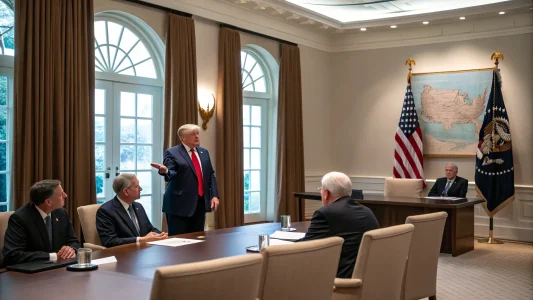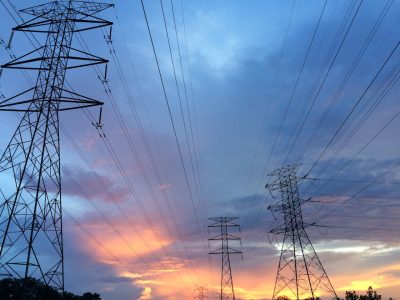The renewable energy sector was rocked by Senate Republicans’ advancement of President Donald Trump’s massive tax and spending bill. Proponents of clean energy claim that the bill, as it stands now, is a worst-case scenario. They claim that it could halt the nation’s energy transition and jeopardize billions of dollars in investments.
The industry was shocked when lawmakers unexpectedly imposed an excise tax on wind and solar projects containing specific Chinese components. Developers will struggle to find alternatives as China controls the majority of the global solar supply chain.
New Senate bill threatens clean energy industries
Additionally, the bill would more severely eliminate clean energy tax credits than the House version did. To be eligible for incentives, wind and solar projects would need to be fully operational by the end of 2027, hastening a phaseout that many had anticipated the Senate would postpone.
“The willingness of the Senate to suggest policy changes that will dramatically increase cost of energy to their consumers and sacrifice significant job growth is very surprising,” said CEO of the American Clean Power Association (ACP) Jason Grumet. “It suggests that the effort to repolarize this debate is now taking precedence over their actual constituent interests.”
Ben King, of Rhodium Group’s Energy & Climate practice, said the Senate’s proposals “came out of left field.” King claims the bill would harm energy development, despite increasing demand. “Decarbonization effectively flatlines from where we are today,” King warned.
Dubbed the “One Big, Beautiful Bill,” the bill seeks to maintain Trump’s promised tax cuts while reducing federal spending. It would significantly increase the cost of renewable projects if it were approved. According to ACP, the excise tax alone would result in a ten-year cost increase of $4 to $7 billion. According to King, Rhodium’s projected 10%–20% cost increase for wind and solar construction would “drive down deployment” and push some projects “out of the sweet spot.” He cautioned that investment in clean energy could be “chilled” by the policy’s ambiguity.
Potential impact
According to ACP, if the law remains unchanged, it may hinder the installation of 300 gigawatts of additional wind and solar power, which is roughly equivalent to 300 nuclear reactors, over the next 15 years. Grumet described that as a “dramatic interruption” to grid expansion efforts. Filling the gap would be challenging due to the limited availability of natural gas turbines and the lengthy lead times for nuclear development.
The bill is being criticized by more than just industry leaders. Elon Musk described it on X as “utterly insane and destructive” and “political suicide for the Republican Party.” Labor organizations expressed similar concerns, with Sean McGarvey, president of the Building Trades Unions of North America, referring to the bill as “the biggest job-killing bill in this country’s history.”
Featured Image Credit: Tom Swinnen; Pexels: Thank You!















